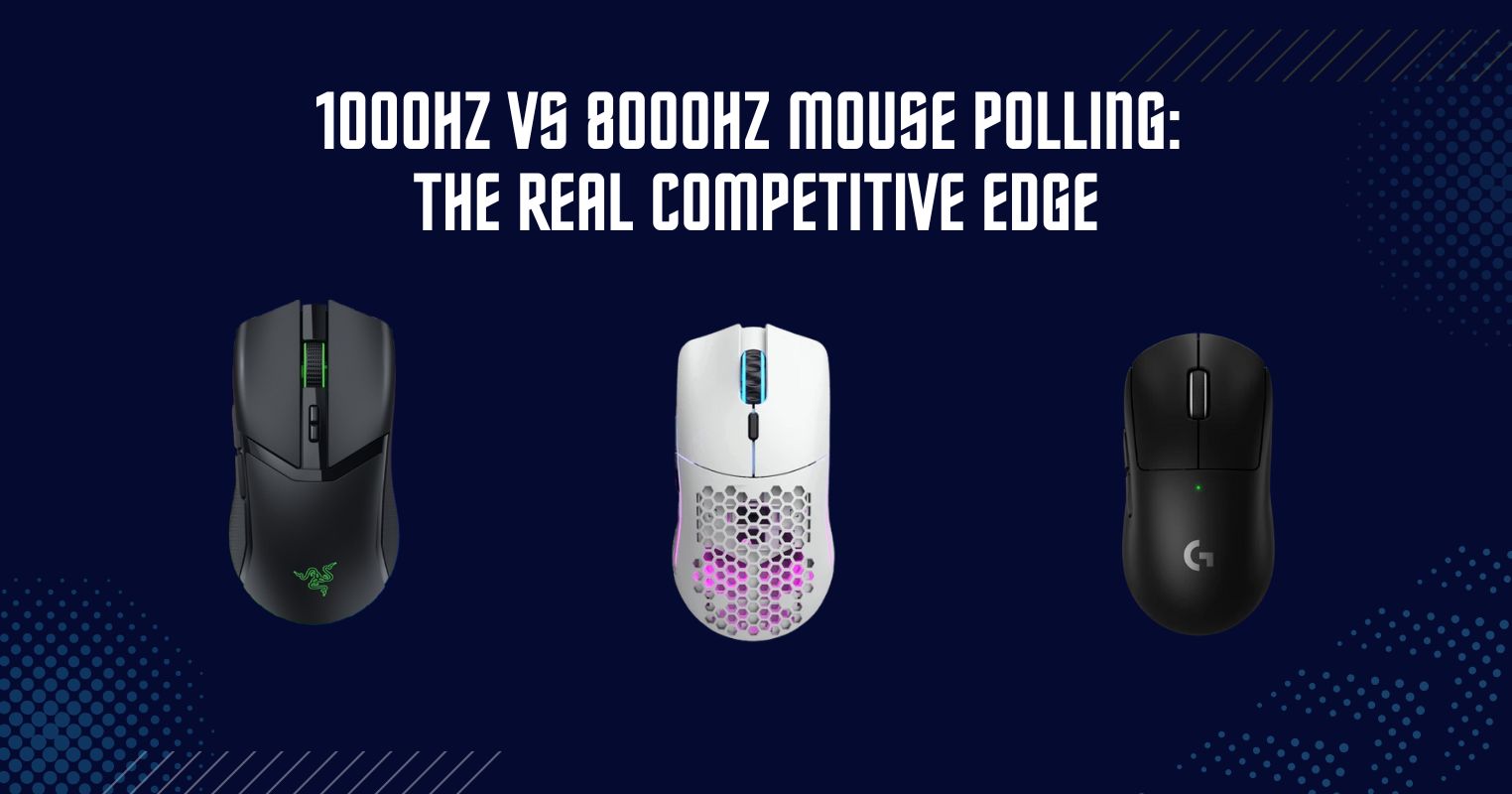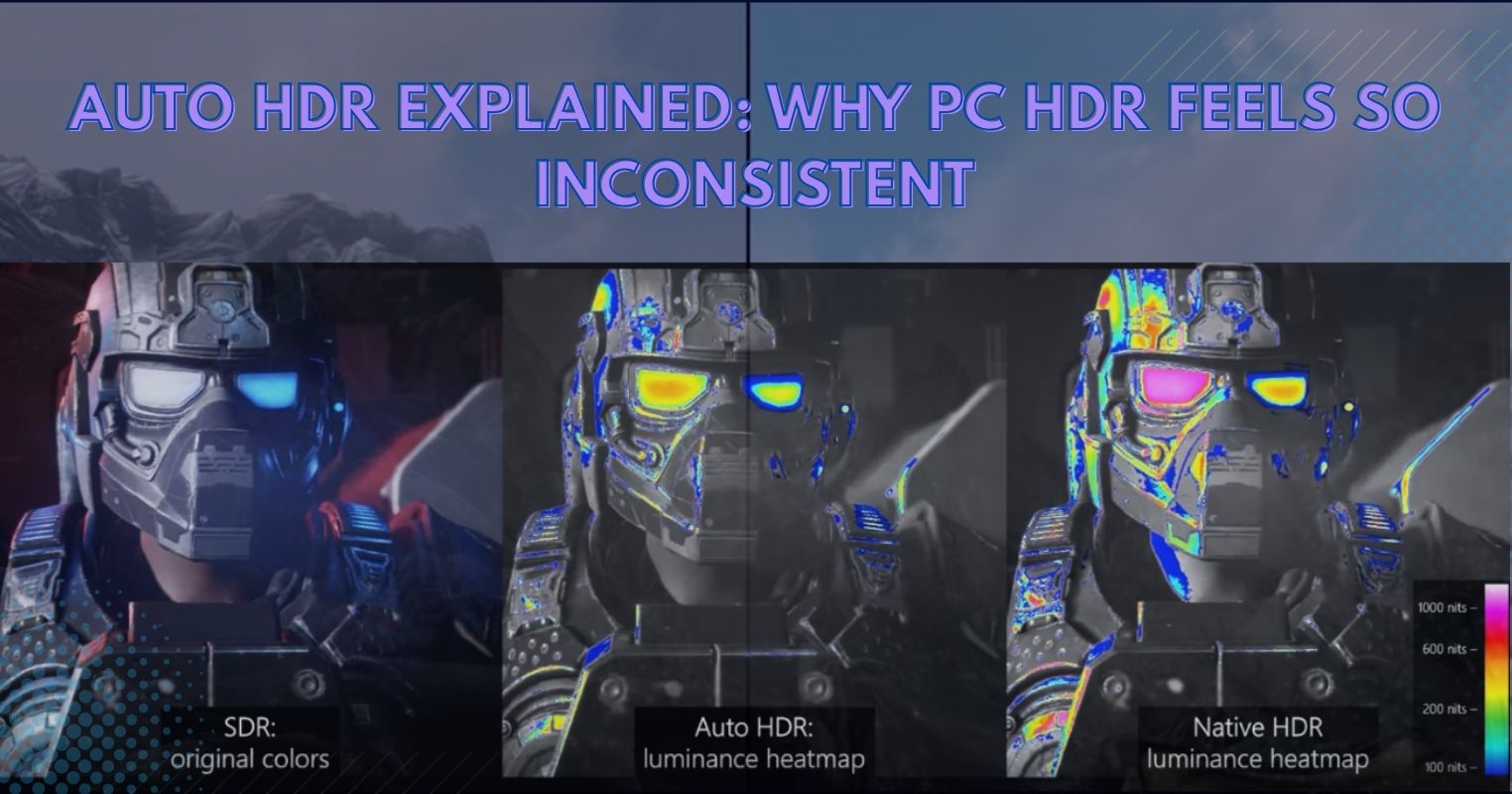- The Intel Core i9-14900K, the Core i5-14600K, and the AMD Ryzen 9 7900X3D are a few processors that I find hard to recommend.
- Either due to their unconvincing value or the availability of better alternatives, these CPUs should probably be avoided in 2024.
Despite the constant progression in CPU performance over the past several years, not all CPUs are created equal. While most processors nowadays have found a comfortable spot in the pricing spectrum for themselves, there are a few that stick out for all the wrong reasons.
These CPUs either have significant performance deficits or are not priced according to their capabilities, thus eluding my recommendations.
Don’t Waste Your Money On These CPUs
Intel Core i9-14900K
Oh, the i9-14900K, how I wish you were better! It’s not that the Core i9-14900K is bad per se, but it just sits in a spot where there is very little margin of error. Unfortunately, Intel just did not provide enough innovation or performance gains over the Core i9-13900K to justify its lofty price tag.
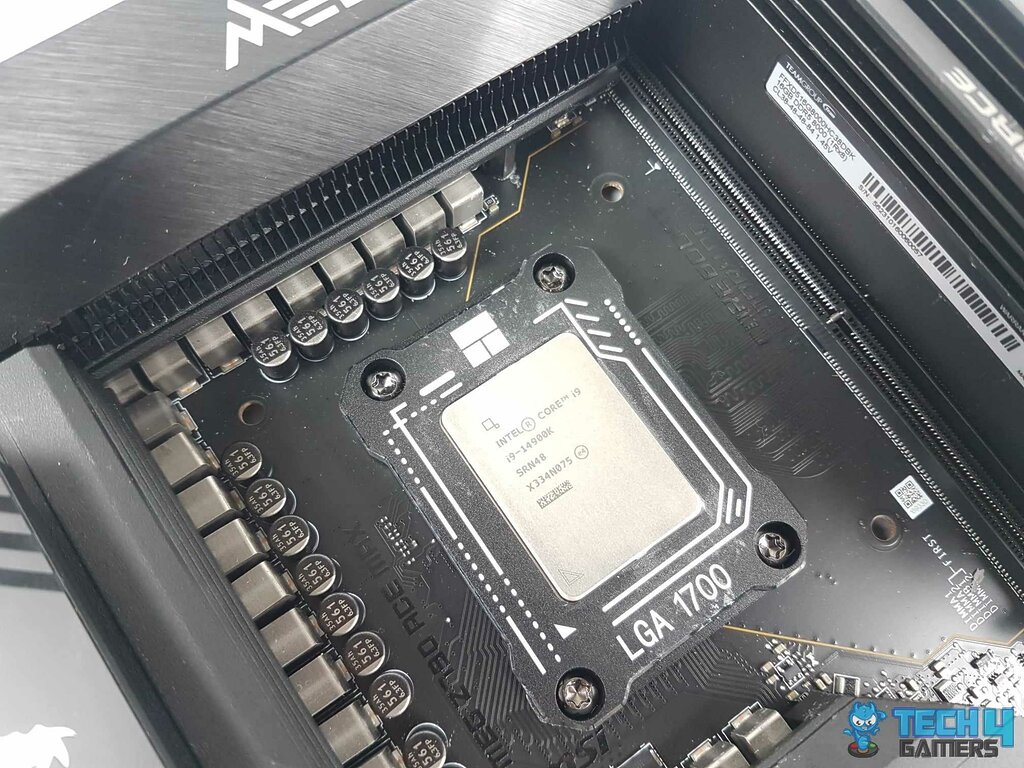
Moreover, the biggest downside of the Core i9-14900 Kis the competition. While it is without a doubt one of the fastest gaming CPUs on the market, it is often matched or beaten by AMD’s much cheaper Ryzen 7 7800X3D CPU and its other fantastic offerings boasting the 3D V-Cache design, which also consume way less power by the way.
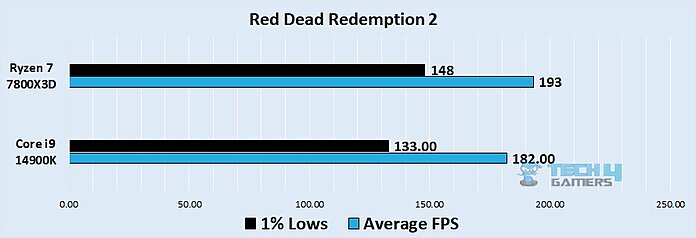
In addition to the lackluster value proposition, the Core i9-14900K is incredibly hard to live with, since it consumes a ton of power and outputs more heat than the Florida summer sun.
Honestly, its only saving grace at this price point is its (superb) overclocking potential, which is unfortunately marred by the aforementioned extensive power requirements and thermal output. You can barely find room to overclock the Core i9-14900K since it’s already running so close to the redline out of the box.
AMD Ryzen 9 7900X3D
Frankly, I love the 3D V-Cache design that AMD has used in the past few years. It gives the base lineup a much-needed jump in single-threaded performance, allowing AMD’s fastest CPUs to dominate the gaming leaderboards. However, this technology has certain prerequisites that need to be followed for it to live up to its maximum potential.
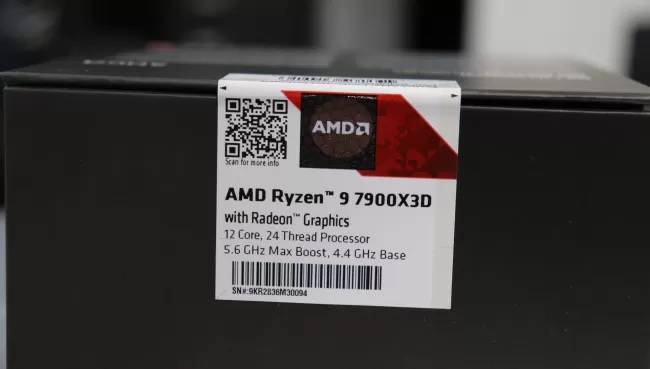
One of those prerequisites (or limitations, rather) is that the additional cache can only be accessed by sets of 8 or 16 cores, known as CCDs. Enter the AMD Ryzen 9 7900X3D, which, despite its 12 cores and 24 threads, cannot fully utilize its 3D V-Cache design due to its CCD layout.
You see, the Ryzen 9 7900X3D uses two CCDs of 6 cores each, which means that the additional L3 cache is only being utilized by a maximum of 6 cores. That distribution is far from ideal. This is why the Ryzen 9 7900X3D, despite being more expensive and having more cores, sometimes loses to the AMD Ryzen 7 7800X3D in gaming performance.
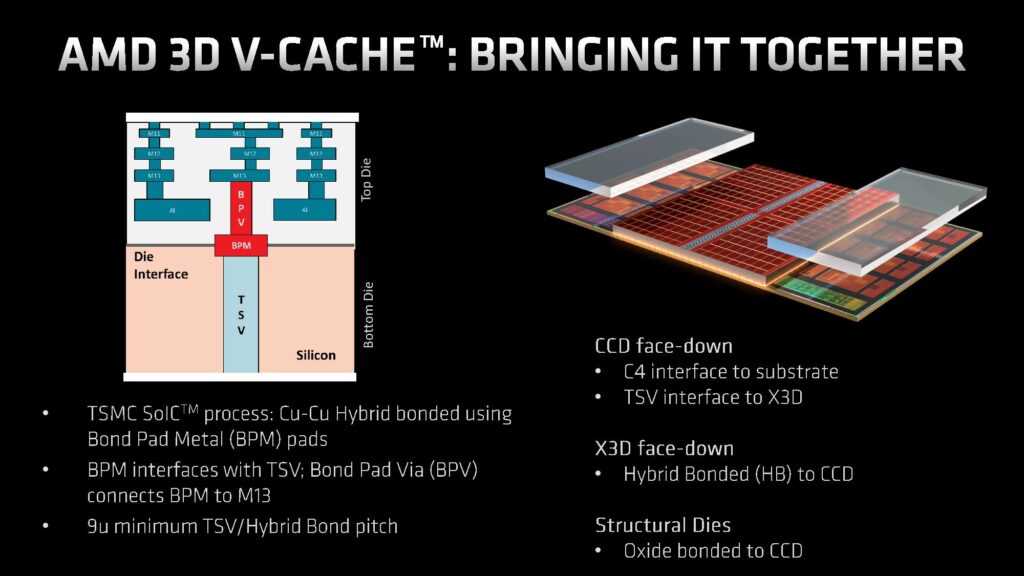
Since the latter only has 8 cores, all of them have access to the additional cache, leading to lower latency and better performance. Just stick to the Ryzen 7 7800X3D for gaming, or if you want productivity, buy the normal Ryzen 9 7900X.
Intel Core i5-14600K
Intel’s Raptor Lake Refresh lineup really missed the mark with the mid-range offerings due to the lack of significant performance uplift over the outgoing generation.
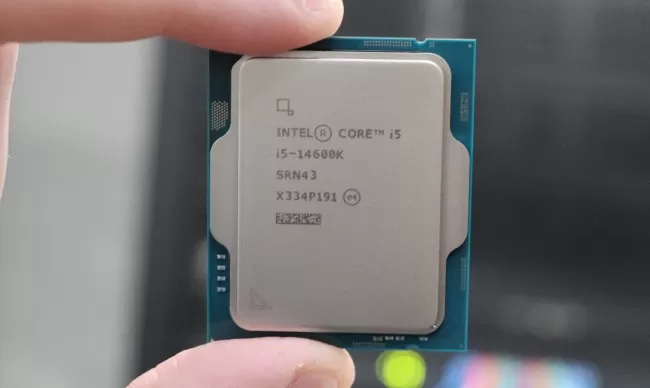
There is basically no underlying difference between the Core i5-14600K and the Core i5-13600K in terms of architecture, and while minor tweaks have been made to improve and streamline its performance, they are still not enough.

As a result, what we get is a mid-range CPU that, although competent, struggles to outperform its predecessor in terms of value since it costs about $50 more at MSRP. Moreover, the Core i5-14600K really does not do itself justice when it comes to its thermal and power efficiency.
In our Core i5-13600K review, we noted that the CPU was really power-hungry for a Core i5 part, peaking at around 180W of power draw and at 76C temperature under load while being cooled by a custom liquid cooling loop. The same holds true (or even gets worse) for the Core i5-14600K, which is not something you want to deal with at this price point.
All things considered, skip the Core i5-14600K in favor of its predecessor to save money, or go for a Ryzen 7 alternative that can offer superior performance and efficiency.
Final Words
While the modern CPU market is thriving due to strong competition between Intel and AMD, there still exist a few CPUs that have failed to make a significant mark on the current desktop processing landscape. It may be wise to look elsewhere if you are considering a purchase of the Core i9-14900K, the i5-14600K, or the AMD Ryzen 9 7900X3D since these CPUs just do not justify the investment.
Thank you! Please share your positive feedback. 🔋
How could we improve this post? Please Help us. 😔
[Editor-in-Chief]
Sajjad Hussain is the Founder and Editor-in-Chief of Tech4Gamers.com. Apart from the Tech and Gaming scene, Sajjad is a Seasonal banker who has delivered multi-million dollar projects as an IT Project Manager and works as a freelancer to provide professional services to corporate giants and emerging startups in the IT space.
Majored in Computer Science
13+ years of Experience as a PC Hardware Reviewer.
8+ years of Experience as an IT Project Manager in the Corporate Sector.
Certified in Google IT Support Specialization.
Admin of PPG, the largest local Community of gamers with 130k+ members.
Sajjad is a passionate and knowledgeable individual with many skills and experience in the tech industry and the gaming community. He is committed to providing honest, in-depth product reviews and analysis and building and maintaining a strong gaming community.


